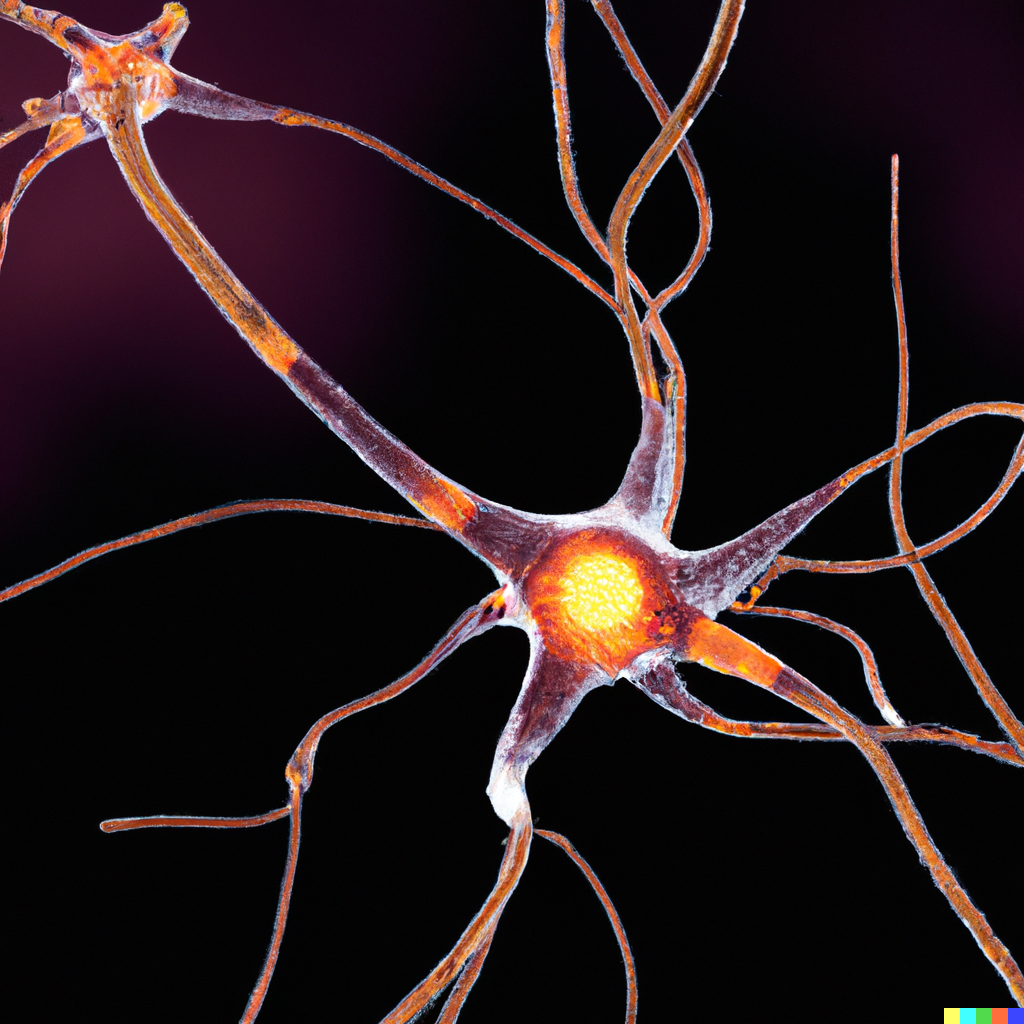How Medicaid and Medicare Work Together for Alzheimer’s
Medicaid and Medicare are two important government programs that help people with Alzheimer’s disease get the care they need. While they are separate programs, they often work together to support individuals living with Alzheimer’s, especially those who qualify for both. Here’s a simple explanation of how these two programs complement each other in caring for people with this condition.
## What Are Medicare and Medicaid?
– **Medicare** is a federal health insurance program mainly for people aged 65 or older, as well as some younger people with disabilities.
– **Medicaid** is a joint federal and state program that helps low-income individuals pay for medical costs and long-term care.
Many older adults with Alzheimer’s qualify for both Medicare and Medicaid because of their age and financial situation.
## How They Work Together for Alzheimer’s Care
People living with Alzheimer’s often need complex medical care along with long-term support services like help at home or in nursing facilities. This is where the combination of Medicare and Medicaid becomes crucial:
– **Medicare covers medical needs:** This includes doctor visits, hospital stays, medications, diagnostic tests, and some therapies related to Alzheimer’s.
– **Medicaid covers long-term care:** Since Medicare has limited coverage for long-term custodial care (help with daily activities such as bathing or dressing), Medicaid steps in to cover nursing home stays or home-based personal care services that many Alzheimer’s patients require.
## Coordinated Dementia Care Programs
To improve how these two programs serve people living with dementia—including Alzheimer’s—there are new efforts to better coordinate benefits:
– The Centers for Medicare & Medicaid Services (CMS) created the *GUIDE* (Guiding an Improved Dementia Experience) Model. This program encourages providers to offer coordinated dementia services such as 24/7 access to a care team member, personalized dementia care navigation, caregiver education, counseling, medication management support, and respite options[1][2][4].
– Some states have passed laws requiring health plans serving dual eligible beneficiaries (those on both Medicare & Medicaid) to include specialized dementia coordination services[1].
These coordinated approaches aim to reduce unnecessary hospital visits or readmissions by ensuring continuous support tailored specifically for dementia patients’ needs.
## Benefits of Combined Support
When Medicare handles the medical side while Medicaid supports daily living assistance through coordinated programs like GUIDE:
– Patients can stay safer at home longer instead of moving prematurely into nursing homes.
– Caregivers receive training and respite help which reduces their stress.
– Overall quality of life improves due to holistic management addressing both health conditions and functional challenges[2][3].
In summary: For someone facing Alzheimer’s disease who qualifies for both programs, Medicare pays primarily for clinical treatments while Medicaid fills gaps by covering essential day-to-day caregiving needs. Together—with newer integrated models—they provide more seamless support designed specifically around the complexities of dementia care.
This partnership between Medicare and Medicaid represents an evolving effort toward better outcomes—not just longer life but improved comfort—for millions affected by Alzheimer’s across America.





